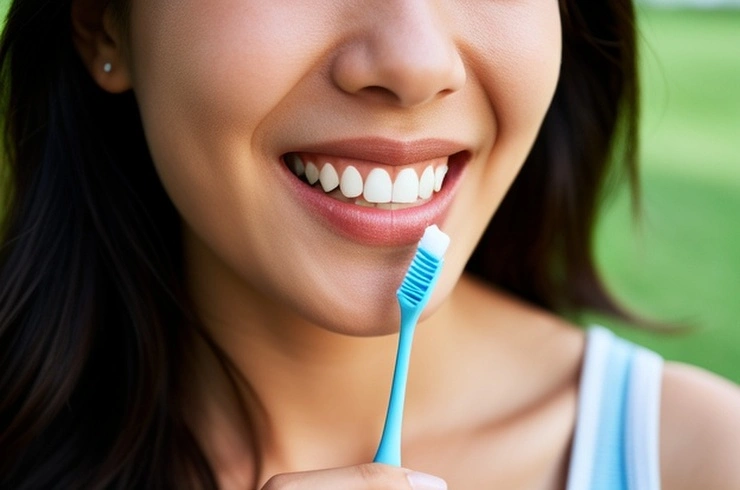
Your mouth is constantly producing saliva, a vital fluid that's far more complex than it appears. Six main glands in your mouth — the parotid, submandibular, and sublingual glands — work tirelessly to secrete about 600 milliliters of saliva daily. This remarkable fluid is crucial for initiating digestion, with enzymes breaking down starches and fats as soon as you start chewing. Beyond its digestive role, saliva lubricates food for easy swallowing, keeps your mouth moist for clear speech, and acts as a natural cleanser, washing away harmful bacteria. It also helps prevent tooth decay and gum disease by lowering acidity and providing essential minerals like calcium, phosphorus, and fluoride to repair enamel.
While 99% water, the remaining 1% of saliva is a powerful cocktail of components. Proteins are the second most abundant component after water, forming a protective layer on teeth and acting as a first line of defense against oral bacteria. They are also believed to play a role in taste perception. Enzymes, specific proteins, kickstart the chemical reactions of digestion, breaking down food components. Mucin, a protein often associated with mucus, actually aids digestion by lubricating the mouth, ensuring safe eating and swallowing. Electrolytes, such as calcium, phosphorus, and magnesium, are minerals that fortify and harden tooth enamel, significantly reducing the risk of cavities.
Maintaining healthy salivary glands is crucial for overall well-being. Simple lifestyle choices can make a big difference: avoid smoking and tobacco products, limit alcohol and recreational drug use, and manage health conditions like diabetes. It's also important to discuss any medications that cause dry mouth with your doctor and address snoring or mouth breathing during sleep. Good oral hygiene, consistent hydration, and prompt medical attention for any signs of infection or swollen glands are equally vital.
When your salivary glands don't produce enough saliva, a condition called xerostomia, or dry mouth, can occur. While occasional dry mouth is normal, persistent dry mouth can be a side effect of over 500 medications, including common decongestants, antihistamines, antidepressants, and blood pressure medications. Symptoms range from difficulty chewing and altered taste to mouth sores and cracked lips. To alleviate dry mouth, sip water regularly, avoid caffeine and alcohol, and consider sugarless gum or candies, or a doctor-recommended saliva substitute.
Other conditions can also impact saliva production. Autoimmune diseases like Sjogren's syndrome directly affect salivary glands, leading to dry mouth and sores. Dry mouth is also a symptom associated with HIV, Parkinson's disease, and diabetes. Chemotherapy can alter saliva consistency, making it thicker. Salivary gland infections, often caused by dehydration, chronic illness, or blockages, can also manifest with symptoms like fever, redness, and swelling in the neck or face. Mumps, a viral infection, commonly affects the parotid gland. If you have concerns about your salivary gland health, consulting a dental professional is essential. A well-moistened mouth is a healthy mouth, and your salivary glands are key to achieving it.
Pro Tip
The content of the article is shared by netizens, please carefully identify it